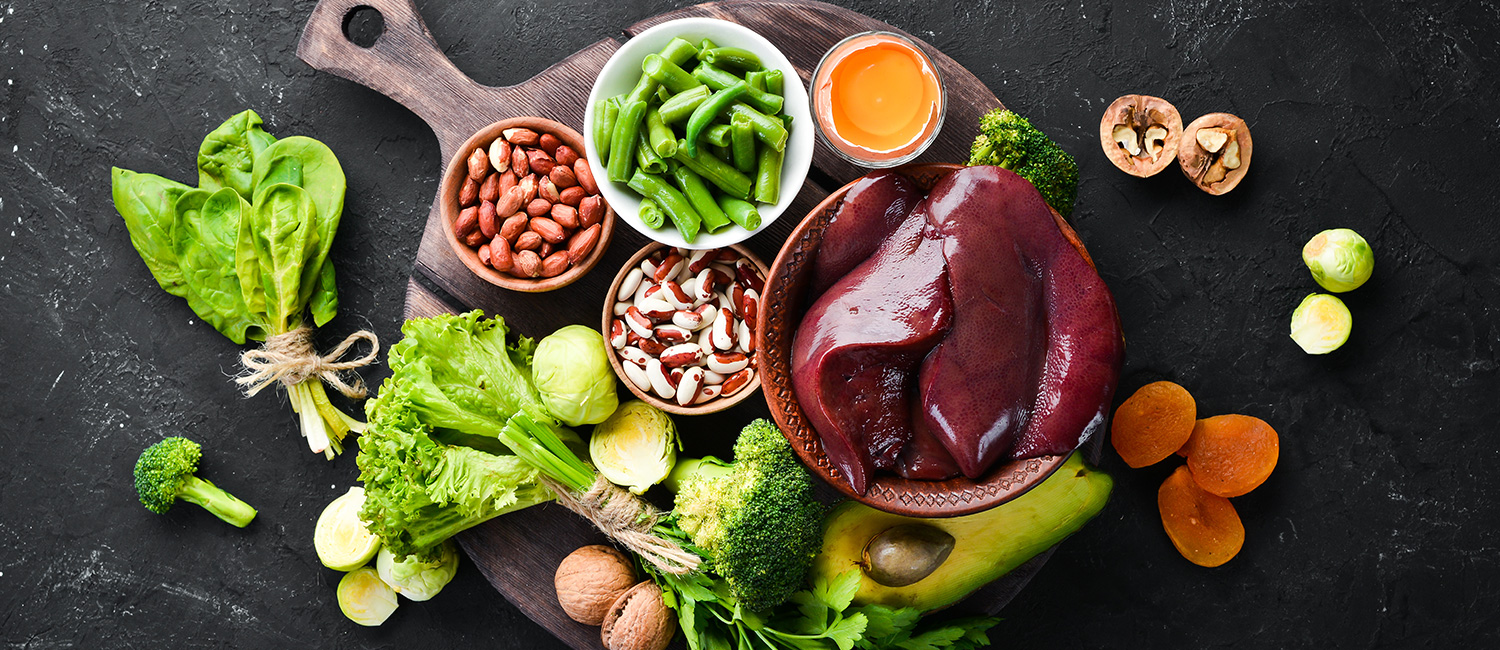
If we can firstly start by saying that we are as humans designed and hard wired to successfully grow a healthy baby – that is our blueprint, and it’s in our DNA. Even in less than perfect conditions, and with a diet based on junk food or even malnutrition – most women will produce a healthy baby. However, there are many ways in which this process can be interfered with, and many other ways that this process can in fact be enhanced and improved. There is a rise in various childhood conditions such as eczema, asthma, obesity, allergies and new research is looking in to a link between this sharp increase and a baby’s development in pregnancy.
There are many factors not in our control during pregnancy, such as genetics, age, family history, but there are also many that are within our control and these can have such an incredible effect as to be able turn on or off certain genes (this is called epigenetics and is a growing field). Such things that are within our control are our nutrition, exposure to toxins, sleep habits, ways we deal with stress and these are what we should be focusing on.
Nutrient dense food – when you can stomach it!
Eating nutrient dense food, providing your body with all the minerals and nutrients it needs in order to create the best possible environment to grow and nurture a new baby is of vital importance, and there are many ways to do this. As well as looking at nutrition – what you put in to your body to feed and nourish it at this amazing time of growth and change – we can also look at lifestyle and environment, and how these can also affect pregnancy.
Supplements
Much research has been put in to what particular nutrients we need more of during pregnancy, and a whole new world of supplements of those particular vitamins and minerals has spawned. This is great as an extra – if you are not able to get these nutrients from your food. However, it is always preferable to use real nutrient dense food as your way of getting the right nutrients – because in real food, these nutrients will be in the right proportions, combinations and in an active form that your body will be able to recognise and assimilate. In nature, minerals are synergistic – they work together and so whole food will have the right amount of minerals so that you aren’t getting too much of one particular mineral which can then lead to a depletion of another. This is not the case with many supplements – or processed foods or even fortified foods.
There is an increased need during pregnancy for folate (not folic acid), vitamin B12, choline, iodine, vitamin A, iron for example.
The main priority, (if morning sickness allows!), is to eat whole foods, (fruit, vegetables, fish, meat, eggs) and to buy the best quality food available and within budget, (such as organic fruit and vegetables, grass fed organic meat, wild caught fish, free range organic eggs) where possible. This means that it will all be less exposed to chemicals, pesticides and antibiotics that we in turn would ingest, as well as heavy metals in fish for example, which the body (particularly the liver) will need to work harder to detoxify.
If necessary then a good quality, preferably food-based multivitamin can be really helpful, especially on days when morning (all day!) sickness means that you’re not able to eat much more than marmite on toast!
In the later stages of pregnancy, intake of essential fatty acids such as omegas 3 and 6 is increased particularly to support baby’s brain development. Also fibre is really important during pregnancy especially when constipation is an issue, but also to feed our gut bacteria which in turn will support our immune system, as well as slowing down the conversion to sugar from starchy carbohydrates that we often crave.
Folic Acid vs Methyl Folate
We also need to discuss methylation as this is a vital process in the formation of DNA. When you are pregnant, it is more important than ever to be able to create and synthesise DNA (since you are creating a whole new person!). The process involved in this is called the methylation cycle.This is a biochemical process much like a game of tag, whereby CH3 (carbon with 3 hydrogens) is the tag that is being passed around. This tag has to come from somewhere – and it comes from methyl folate (rather than folic acid) and protein foods. Aside from synthesising DNA, the methylation cycle is also important for immune function, mood balance, controlling inflammation, energy production and detoxification.
Folate is the activated form of folic acid and is what is required for this process. The body has to use an enzyme to make the folic acid into folate and this is just putting an extra layer of work on the body to make the conversion. Moreover, around 60% of the UK population have a genetic inability (MTHFR) to convert folic acid to folate which is another reason why taking folate in its bioavailable and active form is preferable to taking folic acid which then needs to be converted. Folic acid on the other hand is the major synthetic form and is found in many supplements and fortified foods.
Folic acid has no biological activity in the body unless it’s converted in to folate.
So it’s best to always get our nutrients from whole foods, and also to be aware of the difference between synthetic folic acid and its active form folate.
Take a look at the supplements or multivitamins that you are taking and see what form they are in.
If there is anything you would like to discuss with me regarding nutrition for pregnancy or would like to book an appointment, please be in touch.